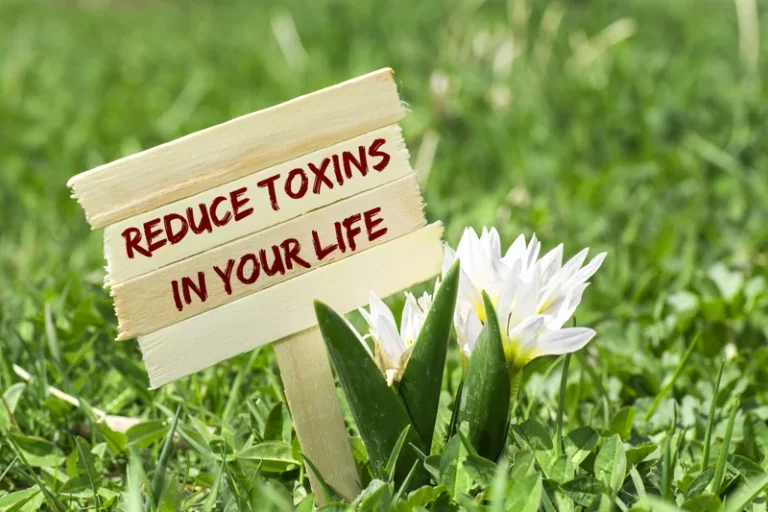Transformar Vidas, essa é a Força de Quem Faz Medicina na FAME Barbacena – Vestibular 2021.02
)
Faça sua Pré-inscrição para o Vestibular FAME 2022

“Allergic conditions may be genetic but, can happen in people with no family history too.” Some people find that when they drink alcohol, they experience sneezing and nasal congestion. There are two physiological reasons why this can happen. If you’re looking for a way to prevent sneezing when you drink, try making your cocktails with fresh fruit juices instead of using pre-made mixes. This will help reduce the number of histamines in your drink and make it less likely to trigger a sneeze. If you find that certain foods make you sneeze, such as strawberries or shellfish, try avoiding them before you drink.
- If you start to experience swelling while drinking, be warned.
- This effect can also make you feel hot when you drink alcohol, but it can also lead to short-term nasal congestion.
- During the COVID-19 pandemic, you may have heard that coronavirus disease 2019 (COVID-19) is similar to the flu (influenza).
- Simply avoid alcohol, limit how much you drink or avoid certain types of alcoholic beverages.
What Does it Mean If I Have Nasal Congestion After Drinking Alcohol?

The only solution for alcohol intolerance is to completely avoid alcohol. Rarely, severe pain after drinking alcohol is a sign of a more serious disorder, such as Hodgkin’s lymphoma. Paying attention to which beverages cause symptoms can help people manage their alcohol intolerance. Just as grapes can become wine, table fruit that becomes too ripe might contain enough alcohol to cause a reaction in someone with an alcohol allergy.

When should I call my healthcare provider?
An alcohol intolerance, or ingredients like histamines in alcohol cause an allergy-like reaction in drinkers, swelling the the mucosal membranes in the nasal passages and airways. Avoiding problematic ingredients or taking a supplement to reduce acetaldehyde buildup and intolerance symptoms can help prevent nasal congestion from drinking. If you have an alcohol allergy, your immune system over-reacts to alcohol. If you have alcohol intolerance, your digestive system doesn’t process alcohol properly. You might also react to certain alcoholic beverages if you have a histamine or sulfites intolerance.
Alcohol Allergies Can Cause Sneezing, Flushing, Headache

We have plenty of reasons on alcohol intolerances, allergies and what to do next. Our complete guide to Sudden Alcohol Intolerance is an excellent introductory resource to this condition. However, there are certain things you can do to keep can alcohol make you sneeze your nose clear and free of extra mucus, which may help reduce sneezing after eating. If you might have an intolerance instead of an allergy, you could see a gastroenterologist, a healthcare provider specializing in digestive issues.
- And since it affects your genes, once you inherit it, you’re stuck with it.
- Elevated histamine levels can result in sneezing and other allergy symptoms like hives and itchy eyes.
How the study uses the data?
- Drinking alcohol can also cause a gustatory rhinitis flare-up.
- – it’s time to determine whether this is really a cause for concern or not.
- When it comes to how alcohol impacts asthma, the conclusions are less set-in stone.
- What’s more, research shows that some people have a gene variant (ALDH2) that prevents the body from producing aldehyde dehydrogenase, an enzyme that helps break down alcohol.
- First, the body produces histamines in response to the presence of the alcohol that the body is unable to digest.
- Of all alcoholic beverages, red wines usually have the highest histamine content.
- The process starts with an enzyme in your liver, called alcohol dehydrogenase (ADH), which converts ethanol into acetaldehyde.